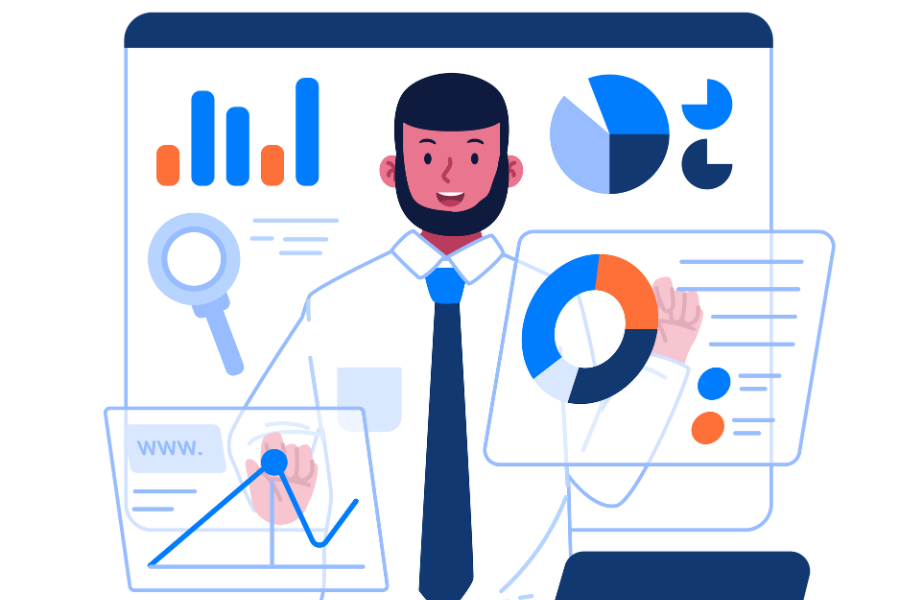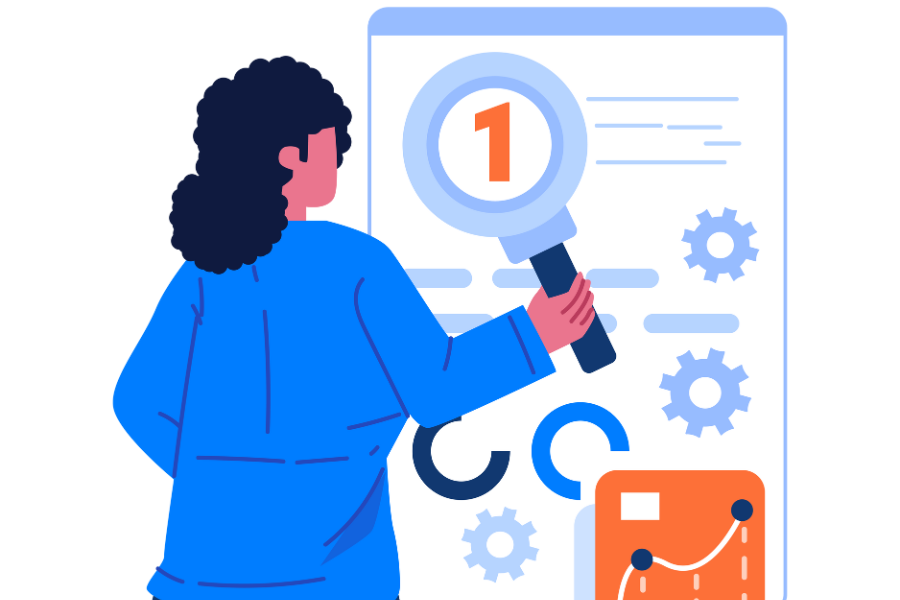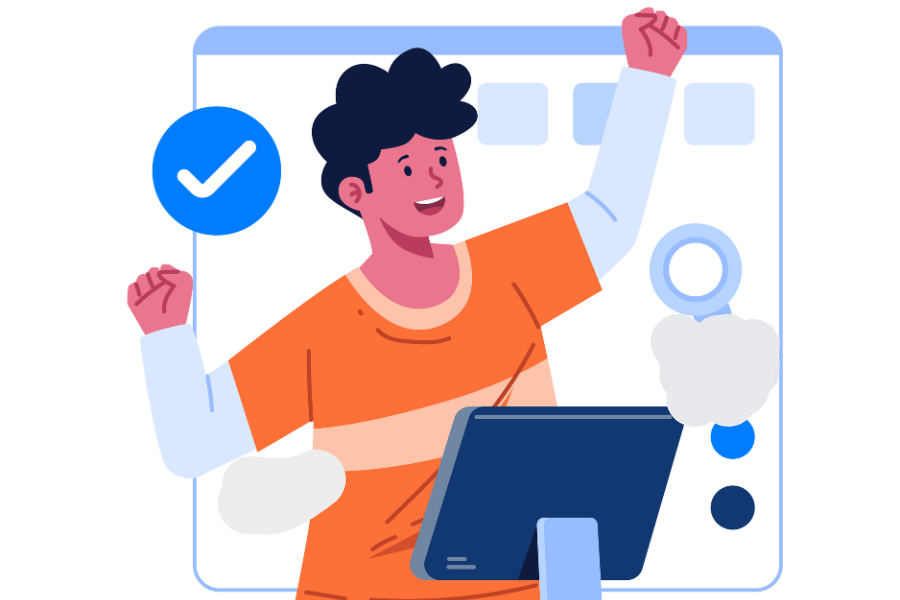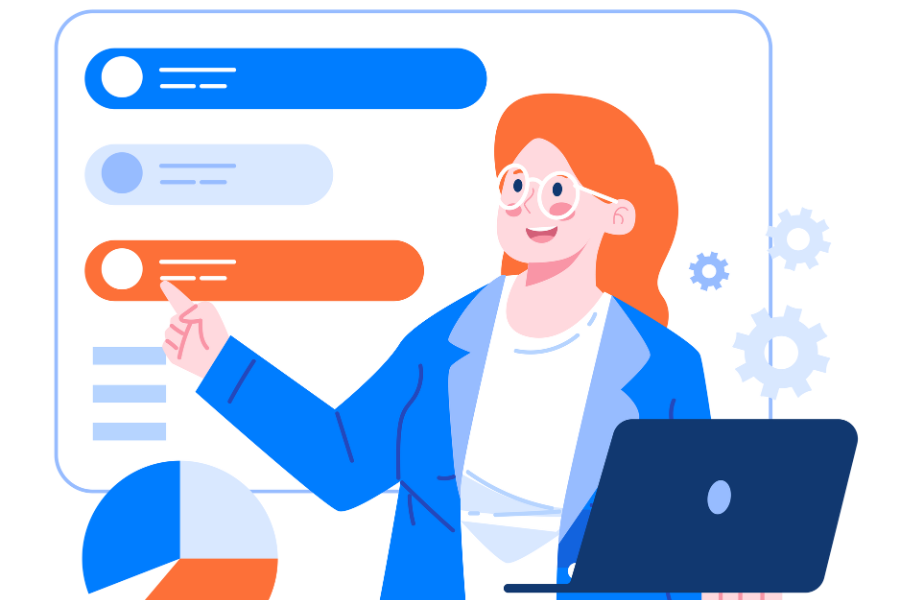Home / Functional Web Design / SEO / How to Optimize Your Web Design for Local Search and Boost Your Digital Marketing Results
Key Takeaways
- Local SEO is crucial for attracting nearby customers searching online for businesses like yours.
- A mobile-friendly, fast-loading website is key for good local SEO performance.
- Optimize your website content with local keywords, but avoid keyword stuffing.
- Use tools like Google Analytics and Google Search Console to track your local SEO success.
- Consider partnering with a web design agency specializing in local SEO for best results.
Local SEO is all about making sure your business shows up in search results when people nearby are looking for products or services like yours. Your website design is also important in how search engines understand and rank your business. By optimizing your web design for local SEO, you can attract more local customers, increase your online visibility, and ultimately boost your digital marketing results.
In this guide, we’ll explain how web design elements like mobile responsiveness, site speed, and user experience directly impact your local SEO performance. We’ll also share actionable local SEO tips for websites and best practices to optimize your website for local search success.
Understanding Local SEO
Local SEO is the key in getting local customers. But what exactly is it? Local SEO is optimizing your website to attract more business from relevant local searches. It’s how you make sure your business appears high in search engine results when people near you search for products or services you offer. When someone in Dallas searches for “coffee shops near me” or “best Italian restaurant in Dallas,” local SEO determines which businesses appear at the top of those search results.

Why is this so important for your business? Because those top spots translate to real results. Higher rankings mean more visibility, website traffic, and more customers visiting your website. In fact, studies show that a whopping 78% of local mobile searches result in an offline purchase. Achieving top rankings requires a strategic approach that encompasses several key factors:
Key Factors to Achieve Top Rankings in Search Engines Using Local SEO
- Google My Business (GMB) Optimization – Your GMB profile is your online business profile. Make sure it’s accurate, complete, and engaging with consistent NAP information (Name, Address, Phone number), high-quality photos, customer reviews, and regular posts.
- On-Page Optimization – This involves optimizing your website content with relevant local keywords, crafting compelling title tags and meta descriptions, and ensuring your website is technically sound.
- Off-Page Optimization – Build your online authority through local citations (listings on relevant online directories) and high-quality backlinks from other reputable websites.
- Website Design and User Experience – A mobile-friendly, fast-loading, and user-friendly website is crucial for both attracting and retaining visitors, signaling to Google that your website is a valuable resource for local searchers.
Learning these elements of local SEO can significantly improve local search ranking and enhance your business reputation. People will find your business first when looking for your goods or services. In that way, SEO really works.
How Web Design Impacts Local SEO
Early websites were mostly just digital versions of printed documents. But today, websites are active, interactive experiences, and Google expects them to be optimized for users on all devices. This is especially important for local SEO, as more and more people are using their smartphones to find local businesses “near me.”

For businesses in Dallas, web design for local SEO plays a significant role in attracting local customers. Here’s how key elements of web design can make or break your local search ranking in Dallas:
Mobile-First Indexing
Google has moved to a mobile-first indexing approach. In simpler terms, this means Google primarily uses the mobile version of your website for indexing and ranking. If your website design isn’t mobile-friendly, you’re invisible to many potential customers and missing out on opportunities to improve local search ranking.
Responsive web design is the solution. It allows your website to adapt seamlessly to any screen size, ensuring a positive user experience on desktops, laptops, tablets, and smartphones. A responsive website design not only improves user experience but also sends positive signals to Google, ultimately boosting your local SEO and helping your local business succeed.
Website Speed and Performance
Nowadays, nobody has time to wait for a slow website to load. Even a few seconds’ delay can lead to high bounce rates, signaling to Google that your website isn’t providing a good user experience. And guess what? Google penalizes slow websites in local search results.
Optimizing your website design for speed is crucial if you want to improve local search ranking. This involves compressing images, leveraging browser caching, minifying code, and choosing a reliable hosting provider. You can use tools like Google PageSpeed Insights to analyze your website’s speed and identify areas for improvement. Remember, a faster website leads to happier visitors and a higher local search ranking in Dallas, bringing more customers to your local business.
User Experience (UX)
A website with a confusing layout, poor navigation, and irrelevant content can frustrate visitors and drive them away, hurting your chances of improving local search ranking.
A well-designed website, on the other hand, provides a seamless and enjoyable user experience. It’s easy to navigate, attractive and provides valuable information that meets the user’s needs. By prioritizing UX in your web design for local SEO, you can encourage visitors to stay longer, explore more pages, and eventually, convert into customers. This positive user engagement sends strong signals to Google, contributing to improved local SEO.
Schema Markup
Schema markup is like a secret language that helps search engines understand your website content better. It’s a code you add to your website to provide context to information like your business name, address, phone number, operating hours, and customer reviews. This is an important local SEO tip for websites.
By implementing schema markup, you can help Google display your business information more prominently in local search results, increasing your visibility and click-through rates. For example, you can use schema to display your star ratings directly in search results, making your local business more attractive to potential customers.
Accessibility
An accessible website is one that can be used by everyone, including people with disabilities. This means ensuring your website design is compatible with assistive technologies like screen readers, providing alternative text for images, and using clear and concise language.
While accessibility is primarily about inclusivity, it also has SEO benefits. Accessible websites tend to have cleaner code and better structure, which can improve your local search ranking. Plus, by making your website accessible to all, you’re expanding your potential customer base and demonstrating your commitment to providing a positive user experience for everyone. This is a valuable local SEO tip for websites in Dallas.
Web Design Best Practices for Local SEO
Now that you understand the strong connection between web design and local SEO, let’s develop strategies to optimize your website for local search success. These local SEO tips for websites will help you attract more local customers and dominate the search results in Dallas.

Local Keyword Integration
Keywords are the foundation of any SEO strategy, and local SEO is no exception. It’s about strategically using relevant local keywords that your target audience is actually searching for.
Start by brainstorming a list of keywords related to your business and location. For example, if you’re a bakery in Dallas, your keywords might include “bakery Dallas,” “cupcakes Dallas,” “custom cakes Dallas,” and “best bakery near me.”
Once you have your list, use keyword research tools to analyze their search volume and competition. Aim for a mix of high-volume and long-tail keywords (more specific phrases) to capture a broader range of searches.
Then, incorporate these keywords naturally throughout your website content, including page titles, headings, meta descriptions, and image alt text. But remember, always prioritize readability and user experience. Avoid keyword stuffing, which can harm your local search ranking.
Content Optimization for Local Search
Creating high-quality, locally relevant content is essential for local SEO. This not only provides valuable information to your audience but also helps search engines understand that your website is a relevant resource for local searches.
Consider questions your local customers might have and create content that addresses those needs. For example, you could write blog posts about local events, create guides to the best attractions in your area, or showcase customer testimonials from local residents.
When creating content, be sure to:
- Use local keywords naturally throughout your text.
- Include your city and state in your headings and page titles.
- Embed a Google Map to your business location.
- Add local images and videos to make your content more engaging.
Location Pages
Creating dedicated location pages is crucial if your business has multiple locations in Dallas. These pages provide specific information about each location, such as address, phone number, hours of operation, and unique offerings.
Each location page should be optimized for relevant local keywords and include a Google Map with that location’s address. This helps search engines understand the geographic relevance of each page and improves your chances of ranking in local search results for each location.
Image Optimization
Images are essential in web design and can significantly impact your local SEO. By optimizing your images, you can improve your website’s loading speed and make it more appealing to both users and search engines.
Here are some local SEO tips for websites when it comes to image optimization:
- Use relevant file names that include local keywords.
- Add descriptive alt text to all images, incorporating local keywords where appropriate.
- Compress image file sizes to improve website speed.
- Use high-quality images that are relevant to your local area and business.
Measuring and Tracking Your Local SEO Success
You’ve put in the work to optimize your website for local SEO. You’ve implemented all the local SEO tips for websites we’ve discussed, from mobile responsiveness to schema markup. But how do you know if your efforts are paying off? Here are some key metrics to track and tools to help you measure your progress:
![]()
Key Metrics for Local SEO Success
Tracking the right metrics is essential to gauge the effectiveness of your local SEO efforts and make data-driven improvements. By monitoring these key performance indicators (KPIs), you can gain valuable insights into your online visibility and identify areas for optimization.
Website Traffic
Are you seeing an increase in visitors to your website from local searches? Tools like Google Analytics can provide valuable insights into your website traffic sources, showing you how many people are finding your site through organic search, Google My Business, and other channels.
Keyword Rankings
Are you moving up in the local search results for your target keywords? Are you ranking on the first page of Google for relevant searches in Dallas? Tools like SEMrush and Ahrefs can track your keyword rankings and provide valuable competitive analysis.
Conversions
Are your website visitors taking desired actions, such as making a purchase, filling out a contact form, or calling your business? Tracking conversions helps you understand how effectively your website is turning visitors into customers. Google Analytics can help you set up conversion tracking and measure your website’s ROI.
Google My Business Insights
How many people are finding your business through your GMB profile? GMB Insights provides data on how customers are interacting with your profile, including views, searches, website clicks, and direction requests.
Tools for Tracking Local SEO Performance
Staying on top of your local SEO performance requires the right tools to gather data and track your progress. Fortunately, several effective tools are available to help you monitor your online visibility, analyze your competitors, and make data-driven decisions to improve your local search rankings.
- Google Analytics – This free and effective tool is necessary for any business. It provides a wealth of data about your website traffic, user behavior, and conversions.
- Google Search Console – Another free tool from Google, Search Console helps you monitor, maintain, and troubleshoot your website’s presence in Google search results. It can help you identify technical SEO issues, track keyword performance, and understand how Google sees your site.
- Local SEO Tools – Several specialized tools, such as Moz Local and BrightLocal, offer features specifically designed for tracking local SEO performance. These tools can help you monitor your online citations, track your local rankings, and manage your online reputation.
By regularly monitoring these metrics and using the right tools, you can gain valuable insights into your local SEO performance and make data-driven decisions to improve your strategy. This will help you stay on search results and attract more local customers to your business.
Local SEO and Web Design for Your Business Success
Any business owners in Dallas must differentiate themselves from the competition. And nowadays, that means mastering the art of local SEO. As explored throughout this article, web design plays an essential role in your local search success.

A website is an important tool for attracting, engaging, and converting local customers. By prioritizing mobile responsiveness, site speed, user experience, and other key web design elements for local SEO, you can significantly improve local search ranking and drive more foot traffic to your business.
Remember, local SEO is an ongoing process. Staying on search results requires continuous monitoring, analysis, and optimization. But the rewards are well worth the effort. By investing in a well-designed website and implementing effective local SEO strategies, you can gain local customers and achieve sustainable business growth.
Trust Experts to Optimize Your Website’s Local SEO
Bless Web Designs understands the difficult relationship between web design for local SEO. We’ve helped countless businesses in Dallas improve local search ranking and attract more local customers through strategic web design.
If you’re ready to succeed in local SEO, consider partnering with a professional web design agency like Bless Web Designs. With our expertise in local SEO web design Dallas, we can help you create a website that not only looks great but also ranks high in local search results. Contact us to see how we can help you develop a winning plan!


